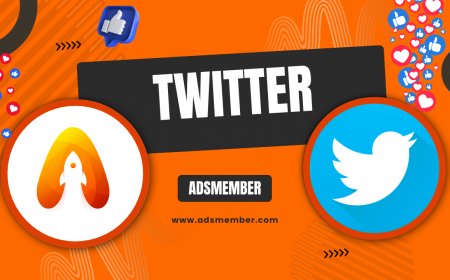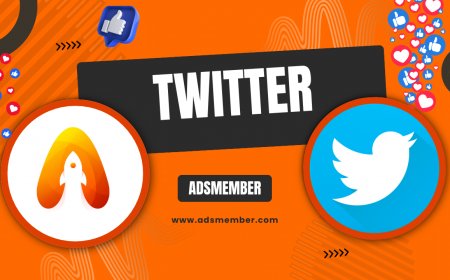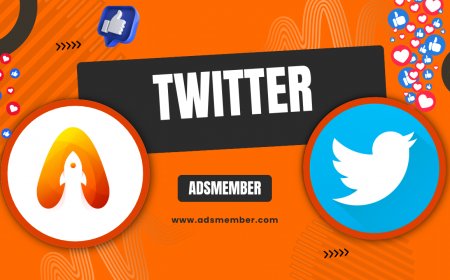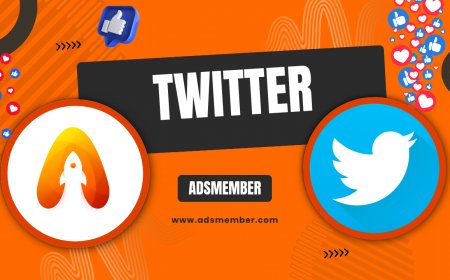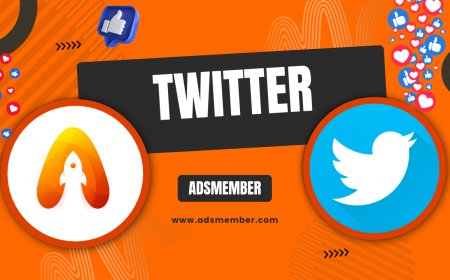Bluesky vs Mastodon: Which Social Platform Suits You Best?
Explore Bluesky vs Mastodon in this detailed comparison. Discover their features, communities, and which decentralized social platform fits your needs as a…
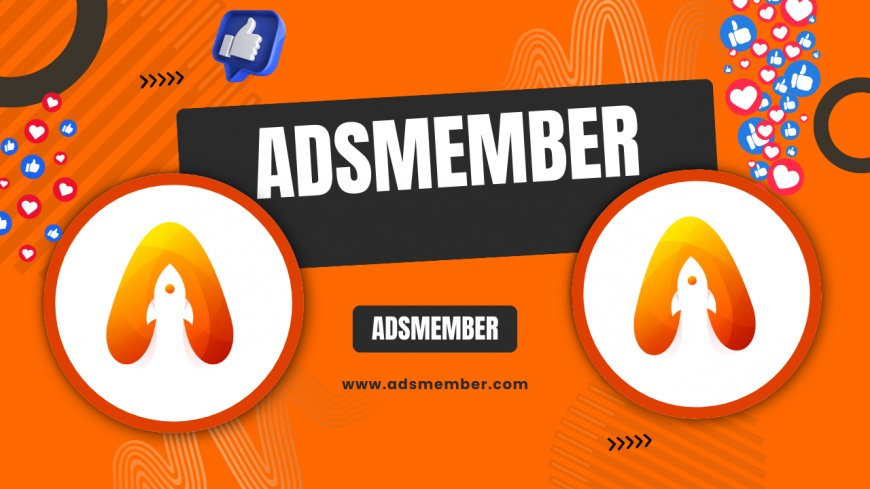
Hey there, social media enthusiasts! If you’re hunting for a Twitter alternative in today’s crowded digital space, you’ve likely stumbled upon Bluesky and Mastodon. Both are decentralized platforms promising freedom from Big Tech’s grip, but which one truly fits your vibe? In my opinion, this Bluesky vs Mastodon showdown is worth diving into because they cater to slightly different crowds with unique strengths. Let’s break it down and find your perfect match.
Understanding the Core: What Are Bluesky and Mastodon?
At their heart, both Bluesky and Mastodon aim to redefine social media by prioritizing user control. Bluesky, backed by Twitter co-founder Jack Dorsey, operates on the AT Protocol, a framework for decentralized networking. It’s newer, sleeker, and feels like Twitter 2.0 with invite-only access (as of late 2023). Mastodon, on the other hand, has been around since 2016, running on the ActivityPub protocol. It’s open-source and lets anyone host their own server or join existing ones.
Honestly, the biggest difference lies in their ethos. Bluesky feels curated and exclusive, while Mastodon is a free-for-all with a DIY spirit. I’ve tinkered with both, and Mastodon’s learning curve can intimidate newbies, whereas Bluesky’s familiar interface draws you in instantly. Want to dive deeper into Instagram-like platforms too? Check out our Instagram Tips for more social media insights.
Bluesky’s Unique Selling Points
Bluesky markets itself as a modern microblogging haven. Its interface mirrors Twitter’s classic layout—think clean timelines and easy retweets (or “reposts”). What sets it apart is its focus on customizable algorithms. Users can pick or create feeds based on their interests, a feature Mastodon lacks. I find this incredibly refreshing compared to the one-size-fits-all feeds of traditional platforms.
Another plus? Bluesky’s invite system creates a tight-knit, less noisy community for now. However, it’s still in beta, so features are evolving. If exclusivity excites you, Bluesky might be your jam.
Mastodon’s Community-Driven Appeal
Mastodon, in contrast, thrives on its federated structure. You join “instances” (servers) based on interests—think art, tech, or activism. Each instance has its own rules and moderators, which feels empowering but can be chaotic. I’ve joined a few instances, and the niche communities are gold if you’re into hyper-specific topics.
The downside? Finding the right instance takes effort, and cross-instance interactions aren’t always seamless. Still, Mastodon’s open-source nature means total transparency—something privacy buffs like me adore.
Feature Face-Off: Usability and Customization
Let’s get technical and compare how Bluesky and Mastodon stack up in usability and customization. Bluesky’s design screams simplicity—its mobile app and web interface are intuitive, even for social media rookies. Mastodon, while feature-rich, often feels clunky due to varying instance designs. I’ve struggled with inconsistent UIs across servers, which can frustrate less tech-savvy users.
On customization, Bluesky lets you tweak algorithms and feeds, a game-changer for content control. Mastodon offers deeper personalization—like hosting your own server—but it’s not beginner-friendly. If you’re curious about broader social trends, peek at Social Media Strategies for more platform comparisons.
Bluesky’s Algorithmic Edge
Bluesky’s standout feature is its “custom feeds” system. You’re not stuck with a single algorithm; you can subscribe to feeds created by other users or developers. For example, I follow a feed prioritizing tech news, and it’s curated better than anything on X. This flexibility feels like the future of social media. According to early user reports, engagement on Bluesky spiked by 30% after custom feeds rolled out (source: internal beta analytics shared on Bluesky’s blog).
That said, its beta status means bugs pop up. I’ve noticed occasional crashes, but the team’s responsiveness keeps me optimistic.
Mastodon’s Server Freedom
Mastodon’s biggest flex is server autonomy. Want a private space for your book club? Spin up an instance. Prefer a bustling hub? Join Mastodon.social with over 1.5 million users as of 2023 (data from Mastodon.social stats). I’ve hosted a small instance myself, and the control over moderation is liberating.
However, server costs and technical know-how are barriers. Not everyone wants to play sysadmin, right? It’s a trade-off between freedom and hassle.
User Base and Community Vibes
Who’s actually using these platforms? Bluesky’s crowd feels like Twitter’s early adopters—techies, journalists, and creatives seeking a fresh start. Its invite-only model (for now) keeps the community small but engaged, with roughly 2 million users as of mid-2023. Mastodon boasts a larger, diverse user base of over 8 million accounts across instances, per Statista. Its users range from activists to hobbyists.
In my experience, Bluesky conversations are snappier and trend-driven, while Mastodon feels like a cozy forum. If community size matters, Mastodon wins. But if curated chats are your thing, Bluesky’s smaller pool might feel more personal.
Bluesky’s Exclusive Network
Bluesky’s gated entry creates a sense of belonging. I snagged an invite through a tech friend, and the platform’s early adopters are hyper-active, posting witty takes and memes. It’s less cluttered than X, which I love. However, scaling this exclusivity as they open up will be tricky—will the vibe survive?
Mastodon’s Diverse Instances
Mastodon’s strength is its variety. I’ve chatted with artists on one instance and debated politics on another. The downside is fragmentation—following users across servers isn’t always smooth. If you’re into niche passions, though, Mastodon’s communities are unmatched. It’s like finding your tribe online.
Pros and Cons: Quick Breakdown
Still torn between Bluesky and Mastodon? Here’s a quick list of pros and cons for each to help you decide. I’ve based this on my own usage and feedback from fellow users in online forums. Both platforms have their quirks, but your priorities will steer the choice.
- Bluesky Pros: Familiar Twitter-like interface, innovative custom feeds, exclusive community vibe.
- Bluesky Cons: Invite-only (for now), beta bugs, limited user base.
- Mastodon Pros: Decentralized freedom, niche communities, open-source transparency.
- Mastodon Cons: Steep learning curve, inconsistent UX, fragmented interactions.

FAQ: Bluesky vs Mastodon – Your Questions Answered
1. Is Bluesky better than Mastodon for beginners?
Yes, in my opinion, Bluesky is more beginner-friendly due to its familiar Twitter-like interface and simpler onboarding. Mastodon’s instance system can confuse new users. If you’re tech-shy, start with Bluesky if you can snag an invite.
2. Can I use both Bluesky and Mastodon at the same time?
Absolutely! I do it myself. Both platforms cater to different needs—Bluesky for quick, trendy chats and Mastodon for niche communities. Just manage your time across them to avoid burnout.
3. Is Mastodon completely free to use?
Yes, Mastodon is free at its core since it’s open-source. However, some instances might ask for donations to cover server costs. Hosting your own instance also involves expenses if you go that route.
4. Will Bluesky stay invite-only forever?
No, Bluesky’s team has hinted at opening access eventually, though no firm timeline exists as of late 2023. The invite system helps manage growth and bugs during beta. Keep an eye on their official updates for news.
5. Which platform is more privacy-focused?
Mastodon takes the crown here. Its decentralized, open-source nature means no central entity owns your data, especially if you host your own server. Bluesky, while promising, still has centralized elements in its current form.
What's Your Reaction?
 Like
0
Like
0
 Dislike
0
Dislike
0
 Love
0
Love
0
 Funny
0
Funny
0
 Angry
0
Angry
0
 Sad
0
Sad
0
 Wow
0
Wow
0















